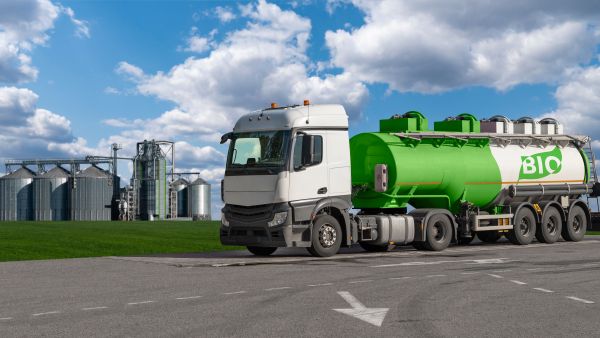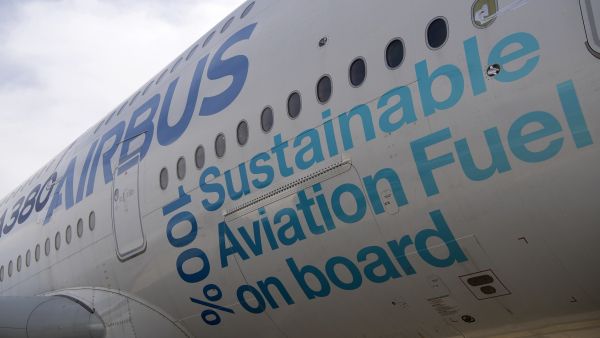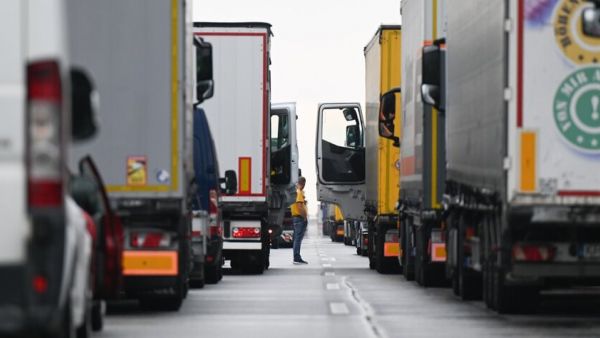Technological advancements and the need to reduce C02 emissions in order to reverse global warming have unleashed deep transformation in the transport sector. Socialists and Democrats are committed to making this transformation an opportunity both for citizens and for the industry.
The European Parliament will debate today and vote tomorrow on a report drafted by S&D MEP István Ujhelyi on an agenda for the future of mobility in the EU. The aim is to look into the fast changes in the transport sector - including collaborative economy, automation and digitalisation - in order to start drafting the most effective policies.
István Ujhelyi said:
“We are seeing many important new EU laws addressing different aspects of the transport sector, but we still need a true European framework that takes into account new technologies and research. We must also ensure concerted action between member states: it is in everyone’s interest to use innovation to boost our competitiveness and not be stagnated by fear of changing.
“The automotive industry is a driving force in the European economy, accounting for almost 7% of the EU’s GDP and providing employment to 12.2 million people. “In this new labour market we must provide Europeans with the necessary skills both as users and as professionals. This industry has a crucial role in Hungary, where it gives almost 10% of the GDP, and employs 170.000 workers.”
S&D spokesperson on transport, Ismail Ertug MEP, said:
“The EU transport sector urgently needs to adapt to new realities such as autonomous vehicles, alternative fuels and powertrains. As policymakers, we want to address legal, procedural and safety aspects but also infrastructure-related challenges linked to autonomous driving and clean alternative vehicles.
“Exchange between policymakers and stakeholders on the future mobility is crucial in many areas: future fuels and powertrains, changing urban mobility and challenges for other modes of transport. We must address diverse issues, from road safety, liability, data protection, to the infrastructure and acceptance of autonomous driving in society.”








